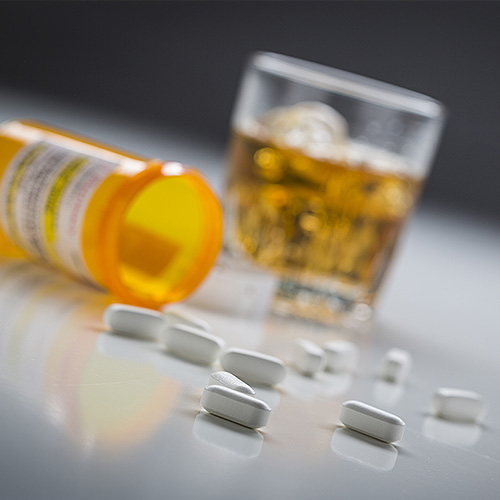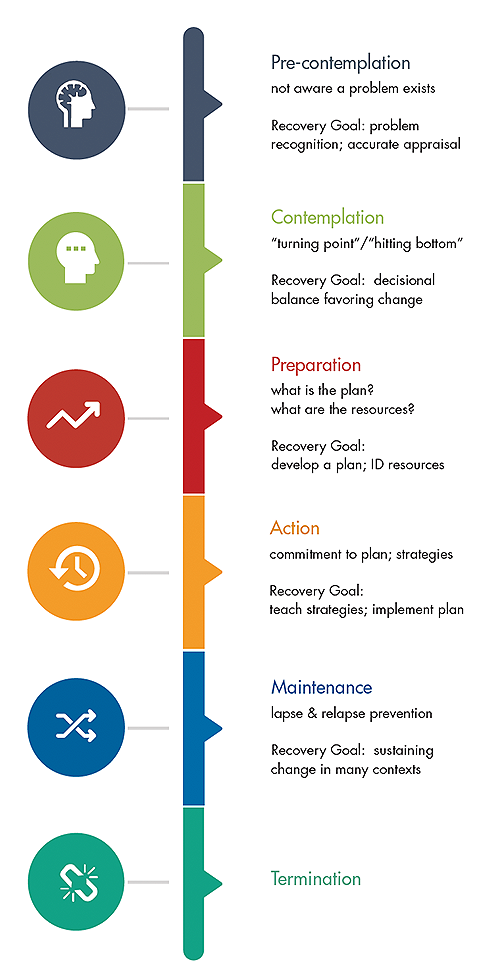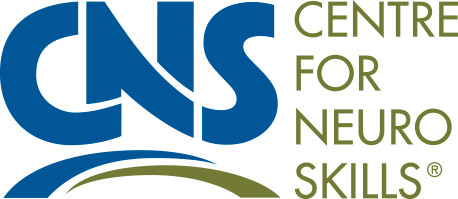Substance Misuse Program
TREATMENT TAILORED FOR INDIVIDUALS WITH BRAIN INJURY
Recovery from substance misuse is daunting for anyone, but for those who’ve also experienced a brain injury, the process can be much more complicated. Getting and staying sober is essential for best outcomes, but alcohol and drug treatment alone doesn’t address the cognitive deficits and other issues related to brain injury. CNS understands these challenges and offers an individualized program designed for persons who’ve endured a brain injury and also have a history of substance misuse.
 While traditional substance misuse treatment is successful for some patients, the added complexity of brain injury can produce a host of challenges:
While traditional substance misuse treatment is successful for some patients, the added complexity of brain injury can produce a host of challenges:
- Use of medications to mitigate medical problems stemming from injury (i.e., pain, contractures, seizure disorder, sleep disorder) can lead to relapse
- Dealing with stigmas related to both substance misuse and brain injury
- Cognitive, physical, and emotional deficits stemming from injury that aren’t always addressed in 12-step programs
- Substance misuse is often progressive and may lead to dependency, which can result in death
CNS recognized that substance misuse can negatively affect participation in post-acute rehabilitation and the durability of outcomes. Therefore, a treatment option for this unique population was developed, which is offered in tandem with CNS rehabilitation programs in California and Texas. This program can be an important component in comprehensive treatment following brain injury, as clinical experience and the research literature indicate:
- 30% - 40% of persons with brain injury had substance misuse problems pre-injury
- Approximately 66% of people who sustain a brain injury are under the influence at the time of injury
- Persons who present for post-acute rehabilitation may be “dry” but not “sober” • Drug seeking, relapse, and leaving treatment are frequent occurrences that impact outcomes
- Approximately 50% of those who misused substances pre-injury will return to pre-injury levels of misuse within the first year of discharge from rehabilitation
- 54% of persons who sustain a second brain injury are under the influence at the time of the injury
 An Alternative Approach: Stage Change
An Alternative Approach: Stage Change
The Transtheoretical Model of intentional behavior change (also known as Stage Change), is a five step process focused on key dimensions of change. Each patient’s readiness for change is evaluated, and specific interventions and recovery goals are planned for each stage. This approach allows the therapist to meet the patient where he/she is in the change process and tailor an individual treatment program.
Team Collaboration Supports Recovery
CNS believes in treating the whole person. The substance misuse program involves a multidisciplinary team that helps patients adapt healthy practices to support recovery. These include sleep hygiene, exercise, nutrition, development of social skills, effective problemsolving, appropriate expression of feelings/emotion, and establishment of a positive daily routine. Participation in 12-step programs (if appropriate) and integrating sober behaviors and choices into life post injury are also modeled.
Advantages of this Approach
- Assesses readiness to change
- Meets patient where they are in the change process
- Specific interventions and goals tied to each stage help guide treatment and allows therapists to tailor therapy to the patient
- Does not require the patient to take on another diagnostic label (i.e., “alcoholic” or “addict”)
- Uses Motivational Interviewing/motivational enhancement techniques vs. verbal persuasion or heavy-handed confrontation

